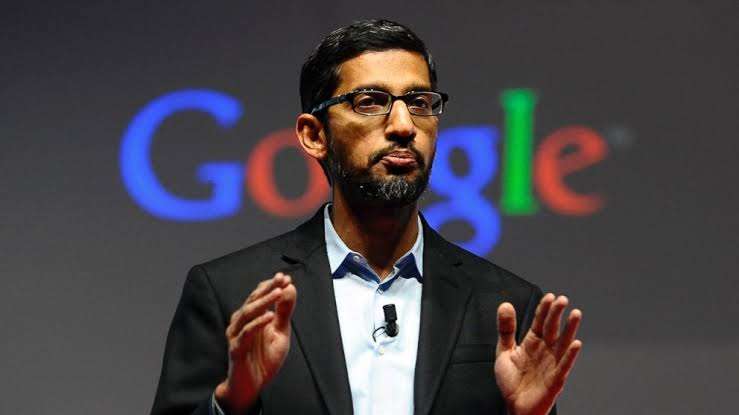Google has introduced its most advanced artificial intelligence model yet—Gemini 2.5 Deep Think, a high-reasoning AI system capable of exploring multiple possible answers in parallel.
The new model is already creating ripples across the global AI landscape, prompting both excitement and unease about the implications for access, fairness, and AI sovereignty.
Unlike traditional large language models that follow linear chains of thought, Gemini Deep Think mimics a deliberative, human-like reasoning process.
It achieves this by using a multi-agent framework that tests several solution paths simultaneously before arriving at an answer. The system also includes a “thinking budget” that automatically allocates more computational power to complex problems while treating simpler ones with minimal resources.
The result is a model that, during internal benchmarks, outperformed peers like OpenAI’s GPT-4o and xAI’s Grok 4 in domains requiring logical rigor. In a public demonstration, Deep Think scored at a gold-medal level in the 2025 International Mathematical Olympiad—an achievement being heralded as a milestone in the evolution of AI reasoning.
Why It Matters
But while Google celebrates this technological leap, concerns are growing about how this development might deepen global digital inequalities. Deep Think is currently available only through Google’s AI Ultra tier, priced at $250 per month—an amount prohibitive for most developers and researchers in the Global South, especially in regions like Sub-Saharan Africa.
“There’s a widening gap between the AI haves and have-nots,” says a software engineer at a Nigerian tech hub. “What good is the smartest AI in the world if only Silicon Valley startups and elite universities can afford to train or even query it?”
The model’s potential applications span multiple sectors—from drug discovery and supply chain optimization to long-term climate prediction and public health policy planning.
African institutions, many of which are already struggling to access existing AI APIs due to bandwidth limitations and cost structures, risk being shut out of this next wave of innovation.
Meanwhile, Gemini Deep Think’s method of providing “reasoning summaries”—intended to improve transparency—raises a fresh set of questions about interpretability and embedded bias. If the agents involved in its thought process are invisible to users, how can their assumptions or failures be challenged?
Researchers’ Concerns
Google insists the model was trained with reinforcement learning that rewards high-quality reasoning steps, not just correct answers.
Still, many AI researchers are calling for independent audits and more open access to its architecture before it becomes widely embedded in enterprise and government decision-making pipelines.
For Africa, the message is clear: advanced AI is no longer a futuristic novelty—it’s a strategic asset. And unless local policymakers, developers, and educators begin to treat it as such, the region may find itself reliant on systems it neither understands nor controls.
The race is no longer just about building smarter machines. It’s about deciding who gets to use them—and on whose terms.
Talking Points
The Real Danger: Cultural Dependency. Africa missed the smartphone hardware revolution, and now we import both phones and culture.
With AI glasses on the rise, we risk importing not just another device, but another worldview—what you see, hear, and how you react, filtered by Western-coded AI. That’s not advancement; that’s subtle digital colonization.
A Call to Action for African Tech Ecosystems. Rather than wait for Meta to ship “lite” versions of AI glasses to Lagos, Nairobi, or Accra, local developers and policymakers must begin preparing.
This means investing in voice AI in local languages, setting digital ethics frameworks, and encouraging universities to merge wearable tech research with cultural relevance.
Not Everyone Needs to Wear the Future to Shape It. Let’s be clear: you don’t need AI glasses to be relevant.
But if we don’t challenge narratives like Zuckerberg’s, we might wake up one day and realize the tools shaping our economies, education, and even politics aren’t ours. Africans must participate—critically, creatively, and courageously.

